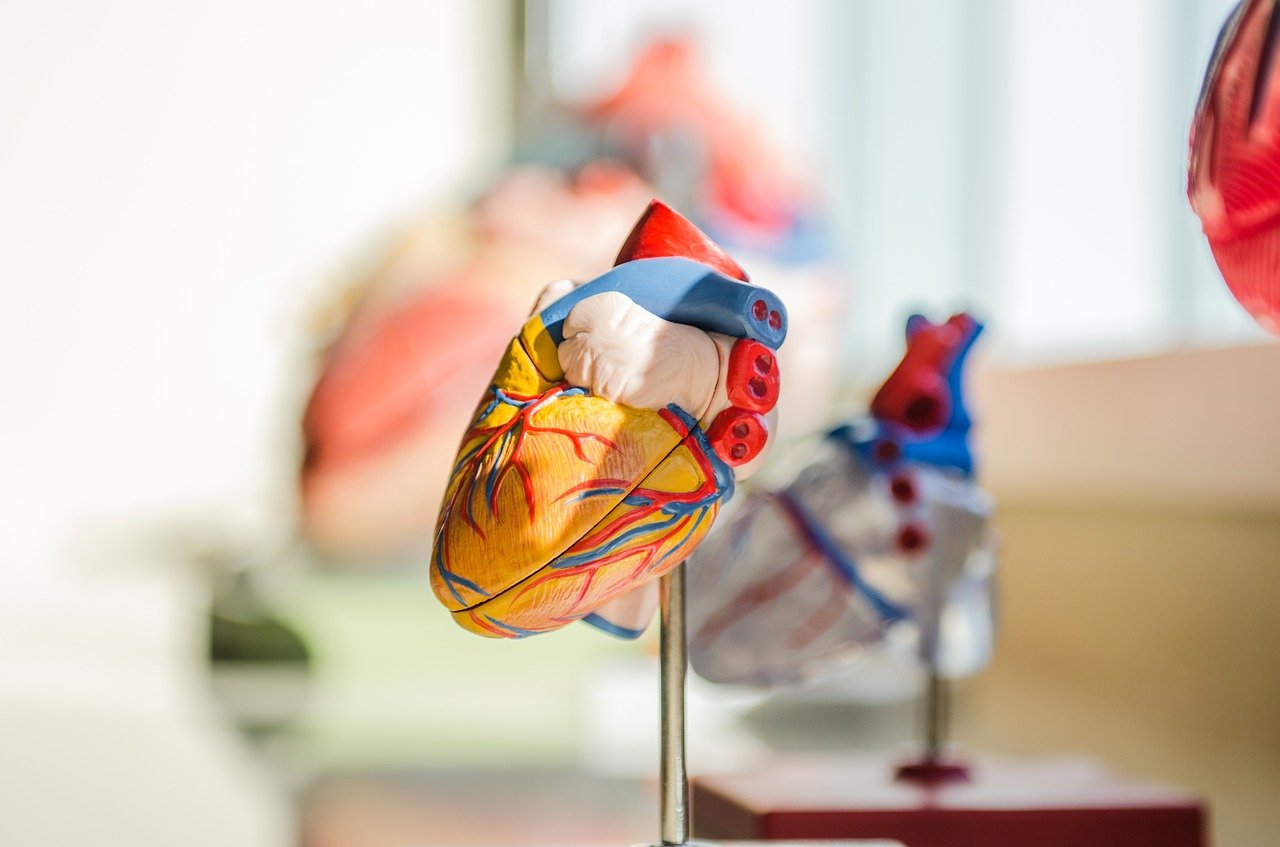5 Reasons to See A Cardiologist
Recent statistics show that well over 600,000 people die of heart disease in the United States every year. This accounts for about one in every four deaths in the US. These statistics make heart disease (which is also popularly known as Cardiovascular Disease-CVD) the leading cause of death in the United States, in males and females alike.
The heart is one of the most hardworking organs in the human body, beating more than 100,000 times per day. Therefore, it is necessary that you take preventive care of this very vital organ.
In as much as, a very good number of people understand that living a healthy lifestyle which includes being on a nutritious diet and having regular exercise is pretty much a part of the best defenses against developing any chronic heart disease, recognizing the symptoms of heart disease could be a challenging task, especially in individuals who have never had any personal history of heart problems before.
The 5 points below explain why you should see a cardiologist:
1. High Blood Pressure
High blood pressure, HBP for short, is a major symptom of heart diseases and a great risk factor for both heart disease and stroke. Blood pressure, simply put, is a measure of the blood force pushing against the arterial walls of the heart.
Chronically elevated blood pressure could cause the heart to work extra hard so as to circulate blood around the body, and this extra activity is responsible for the increased risk of a heart attack and even a stroke. It is good to note that; blood pressure has two major components: the systolic pressure(contracting phase pressure) and the diastolic pressure ( relaxing phase pressure); the normal range of these two pressures is 120mmHg and 80mmHg respectively. In individuals from age 20 and above, regular blood pressure checks should be done. As much as you monitor your blood pressure with your digital sphygmomanometer, it is always advisable to seek professional help.
2. Family history of heart disease
One must note that family medical history is a very key but rather complex risk factor for heart disease. Even if you do everything possible in order to keep your heart strong and seemingly healthy, you still have to deliberately confront your genes. Family history could greatly serve as a strong indicator of heart disease as high blood pressure or high cholesterol levels. Heart diseases could have very strong genetic components, some specific types of heart diseases can be genetic. For instance, if a family member or relative has experienced an early onset of heart disease (man under age 55 or a woman under the age of 65), a cardiologist is needed in order to help determine how this affects your risk. The cardiologist could also order a series of tests or could recommend preventive strategies.
Another thing to take note of is the fact that family history goes way beyond DNA. The shared lifestyle of your family and home environment also plays a great role in raising your risks. Take for instance, an individual who is growing up in a household filled with smokers or someone who lives on a diet of fast-food meals, all these can influence blood pressure and cholesterol levels. Another notable instance is a situation where someone is being raised in a city or urban neighborhood, such individual might have been exposed to air pollution, poor water, and food quality, including chemicals such as carbon monoxide- all of which could greatly contribute to the likelihood of heart disease.
3. Being Overweight/Having an inactive routine or lifestyle:
Regular physical activity reduces the risk of dying prematurely from Cardiovascular disease. Additionally, It helps prevent the development of diabetes, helps maintain weight loss, and also reduces hypertension, which are all risk factors for heart diseases. A sedentary lifestyle could result in being overweight (i.e., having excess fat content in the body).
Fat can be harmful when it builds up in the walls of the arteries, this usually leads to blockage of the blood vessel, causing low blood supply, low oxygen supply, and eventually death of heart muscles.
Less active and less fit individuals have a 30-50 percent greater risk of developing high blood pressure. Physical inactivity is an important risk factor for heart diseases. It ranks similarly to cigarette smoking, high blood pressure, and an elevated cholesterol level. One reason it has such a large effect on mortality is its prevalence. Twice as many adults in the United States are physically inactive that smoke cigarettes.
Also, exercise has a number of health benefits and has a very key role to play in preventing and treating heart disease. However, certain heart conditions could make exercise unsafe, and this is where a cardiologist comes in.
4. Diabetes diagnosis
Statistics have shown that adults with diabetes are two to four times more likely to have heart disease than those adults who have not been diagnosed with diabetes. Diabetes has a very strong correlation with cardiovascular diseases.
Blood sugar which is poorly controlled, grossly affects how the blood vessels function, the high glucose (sugar) levels in the blood of people with diabetes can eventually damage blood vessels as well as the nerves that control them, and this in turn dramatically increases one’s risk of developing coronary artery disease.
Diabetes has been listed as one of the seven major controllable risk factors of heart disease. Taking action and working towards controlling it is the first step to take.
5. High Cholesterol
Cholesterol is a fatty substance found in a number of foods, it is also made by the liver. Your body makes use of cholesterol to build cells, but if the total amount of cholesterol in your body builds up in excess amounts, it is most likely to pose a risk to the health of your heart. A high level of cholesterol can contribute to plaque in one’s arteries. Too much bad cholesterol (LDL) or not enough good cholesterol (HDL) increases the risk that cholesterol will slowly build up in the inner walls of the arteries that supply the heart. This can lead to a heart attack or stroke. Also, in many cases, genetics greatly influences cholesterol levels in the body. One of the ways in which you can lower your cholesterol level is by having a healthy diet, as well as maintaining a regular exercise routine. You need to constantly monitor your cholesterol level to reduce the chances of a heart disease.
Summary
Here is the thing about heart disease. It is, more often than not, a silent killer. Heart disease can occur with no symptoms until a major health event such as a heart attack or a stroke has occurred.
The above-listed points are a few signs to look out for once it comes to heart-related ailments that require you to see a specialist, a cardiologist.
Other symptoms of heart diseases or a cardiac event include but are not limited to chest pains and discomfort, fainting, a regular feeling of fatigue, difficulty in swallowing, intense feeling of indigestion, and heaviness in the chest region, and also shortness of breath. This is why it is crucial you learn to recognize the signs early and also seek preventive treatment as soon as you can, by contacting the Cardiovascular Specialist of South Florida to book an appointment today





